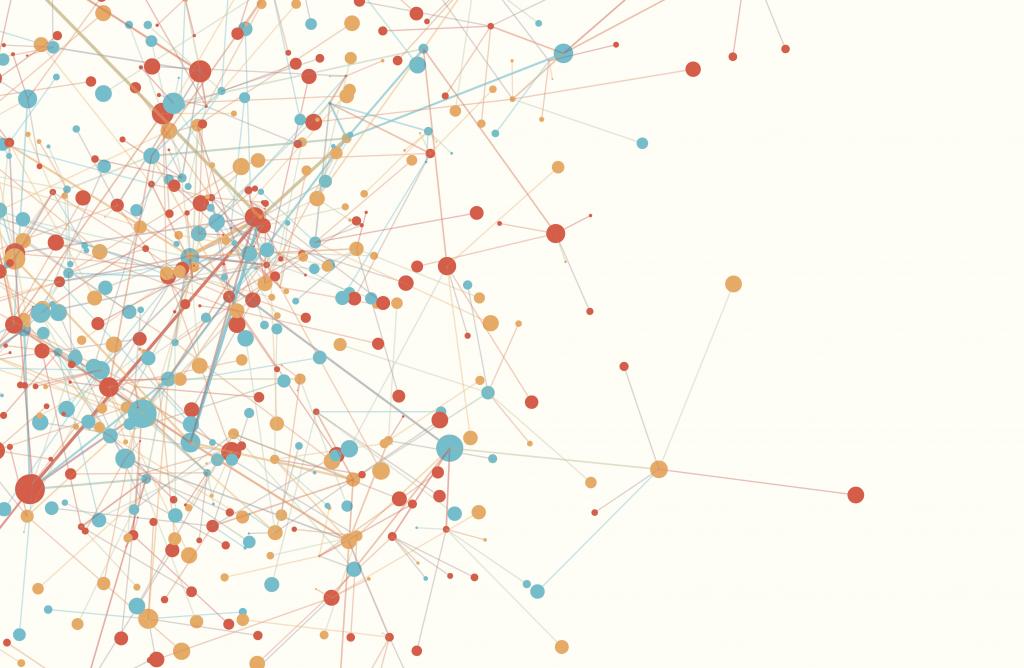In “Security and ‘Security Studies’: Conceptual Evolution and Historical Transformation”, his contribution to the Oxford Handbook of International Security (Oxford University Press), Keith Krause, Professor of International Relations and Political Science at the Graduate Institute, and Michael C. Williams, Professor in the Graduate School of Public and International Affairs at the University of Ottawa, provide a comprehensive account and review of what security means and how “security studies” has evolved in the discipline of political science as well as international relations. We had an interview with Professor Krause to acquire first-hand knowledge on his recent co-authored piece.
If you were to define security and “security studies” in one paragraph, how would you do that?
I would first define it in broad terms: the study of all aspects of political life – and sometimes personal life – that are associated with existential threats to an individual’s personal well-being. So, I did not narrow it to war or the use of force, although these two are obviously important parts of the definition in international politics. One of the interesting developments over the last twenty years has been the broadening of security to include non-military, non-forceful threats such as climate change or large-scale infectious diseases that can threaten human well-being – these are not military in nature and do not necessarily affect states. That is the all-encompassing definition I would start with. At the same time, scholars of course disagree about whether we should adopt a wide and broad or very narrow and focused definition.
Your chapter is organised around three subjects: movement, rupture and dissent. What motivated you to explain security and “security studies” in such a way?
I think what we are mainly trying to do is to get away from a congratulatory narrative of steady cumulative knowledge built up around a particular understanding of security. That is the way security studies was presented by Stephen Walt twenty-five years ago, claiming a progressive unfolding of greater and greater scientific understanding. We wanted to show that knowledge about security and security studies did not progress that way. Sometimes, there was a radical break with ways of thinking about how security was practiced and understood. We also wanted to demonstrate that there were dissenting and counter currents to almost every mainstream and traditional argument about security and security studies. So, our narrative was to give a very different image of movement – forward and backward or sometimes sideways, not only progressive. I think this way of organising the discipline better characterises its evolution and I hope it will trigger some people in their teaching, or students in their reading, to look very differently at how security studies has evolved.
Can you tell us about the policy relevance of security studies?
We do not address policy relevance directly; however, I would say that it is a mistake to think that the only politically relevant way of doing security studies is the traditional one of “speaking to the Prince” – talking to policymakers and political elites about the use of force or the use of military power. Instead, one of the things I would highlight is that there are many different ways to influence politics – not just policy because policy is far too narrow. One can be politically relevant by focusing attention on issues that perhaps should be treated more seriously as security issues, such as climate change, or on issues that have been made into security issues and should be “desecuritised”, such as migration. So, there is a political relevance to almost all of the literature that we mention, and in many of the contributions in the volume.
Lastly, how do you see the future of international security?
I do not have a crystal ball. On one hand, there has been an explosion of different approaches and topics. I think that some of the most interesting works, for instance on postconflict peacebuilding, subnational conflicts or even different forms of violence and state fragility, barely even figure in the mainstream American study of international security which is still focused on geopolitical reasoning such as alliance formation, great powers competition or power shifts. All of the growth and most of the theoretical innovation have occurred on the margins and not in the core of security studies in the past two decades. I expect that will continue in the future.
* * * * *
Full citation of the volume:
Gheciu, Alexandra, and William C. Wohlforth, eds. The Oxford Handbook of International Security. Oxford: Oxford University Press, 2018.
Interview by Buğra Güngör, PhD candidate in International Relations and Political Science.


